

Nut and bolt manufacturers produce a vast array of fasteners critical for various industries, from construction and automotive to aerospace and electronics. Understanding the different types of nut bolt manufacturers and the specific fasteners they specialize in is crucial for sourcing the right components for your project. This article explores the major categories of nut and bolt manufacturers, highlighting their specializations and key considerations for selecting the best supplier.Understanding Nut and Bolt ManufacturingBefore diving into the different types of nut bolt manufacturers, let's briefly review the manufacturing process and material considerations.Manufacturing ProcessesNut and bolt manufacturing typically involves processes like cold heading, hot forging, machining, and threading. Cold heading is a high-speed process ideal for mass production of smaller fasteners. Hot forging is used for larger, high-strength bolts. Machining is employed for creating custom or intricate shapes, and threading is the final step in creating the screw threads.Material ConsiderationsThe choice of material depends on the application's requirements for strength, corrosion resistance, and temperature tolerance. Common materials include: Carbon Steel: A general-purpose material for many applications. Alloy Steel: Offers higher strength and temperature resistance than carbon steel. Stainless Steel: Provides excellent corrosion resistance, suitable for outdoor and marine environments. Brass: Offers good corrosion resistance and electrical conductivity. Aluminum: Lightweight and corrosion-resistant, often used in aerospace and automotive applications.Types of Nut Bolt ManufacturersNut bolt manufacturers can be broadly categorized based on their specialization:Standard Fastener ManufacturersThese manufacturers produce a wide range of standard nuts and bolts according to established industry standards like ANSI, ISO, and DIN. They often offer a large inventory of common sizes and materials, making them a good choice for general-purpose applications. Many distributors carry products from these manufacturers. A good starting point for finding such manufacturers is to search online for 'standard fastener catalog'.Specialty Fastener ManufacturersSpecialty fastener manufacturers focus on producing nuts and bolts for specific industries or applications. This may involve unique designs, materials, or coatings. For example:Aerospace Fastener ManufacturersAerospace applications demand extremely high strength and reliability. These manufacturers specialize in producing nuts and bolts made from high-strength alloys like titanium and nickel-based alloys, adhering to stringent quality control standards and certifications. Products may include aerospace bolts, nuts, and screws designed to withstand extreme temperatures and vibrations. Hebei Muyi Import&Export Trading Co.,Ltd's partners also provide solutions for this area, with high-quality products that meet stringent requirements.Automotive Fastener ManufacturersAutomotive manufacturers require fasteners that can withstand vibration, corrosion, and temperature changes. These manufacturers produce a variety of nuts and bolts for engine components, chassis, and body panels. They often specialize in specific coatings for corrosion resistance, such as zinc plating or e-coating.Construction Fastener ManufacturersConstruction fasteners must be durable and able to withstand harsh environmental conditions. These manufacturers produce a variety of bolts, nuts, and washers for structural steel connections, concrete anchoring, and wood framing. They often specialize in high-strength bolts and fasteners with corrosion-resistant coatings.Custom Fastener ManufacturersWhen standard fasteners don't meet your specific requirements, custom fastener manufacturers can design and produce nuts and bolts to your exact specifications. This may involve unique dimensions, materials, or coatings. The process typically starts with engineering drawings and prototypes, followed by manufacturing and testing. Many custom manufacturers offer rapid prototyping services to accelerate the development process.Volume Production vs. Low-Volume Production ManufacturersNut bolt manufacturers can also be categorized by their production volume. High-volume manufacturers are equipped to produce large quantities of fasteners at a low cost per unit, ideal for applications with high demand. Low-volume manufacturers focus on producing smaller quantities of specialized or custom fasteners, often with shorter lead times.Factors to Consider When Choosing a Nut Bolt ManufacturerSelecting the right nut bolt manufacturer is crucial for ensuring the quality, reliability, and performance of your products. Here are some key factors to consider:Quality CertificationsLook for manufacturers with relevant quality certifications, such as ISO 9001, AS9100 (for aerospace), or IATF 16949 (for automotive). These certifications demonstrate that the manufacturer has a robust quality management system in place.Material TraceabilityEnsure that the manufacturer can provide material traceability, meaning they can track the origin and properties of the materials used in their fasteners. This is particularly important for critical applications where material integrity is paramount.Testing and InspectionAsk about the manufacturer's testing and inspection capabilities. They should be able to perform a variety of tests, such as tensile strength testing, hardness testing, and corrosion testing, to ensure that their fasteners meet your specifications. Non-destructive testing (NDT) methods are also beneficial.Production Capacity and Lead TimesConsider the manufacturer's production capacity and lead times. Ensure that they can meet your volume requirements and deliver your fasteners on time. This is especially important for projects with tight deadlines.CostCost is always a consideration, but it's important to balance cost with quality and reliability. Don't simply choose the cheapest manufacturer; consider the total cost of ownership, including the potential cost of fastener failures or delays.Communication and SupportChoose a manufacturer that is responsive, communicative, and provides excellent customer support. They should be able to answer your questions, provide technical assistance, and address any concerns you may have.Example CasesCase 1: Choosing a Manufacturer for Automotive Wheel StudsAn automotive manufacturer needs to source high-strength wheel studs for a new vehicle model. They require studs with specific dimensions, thread types, and corrosion-resistant coatings. They should choose a specialty automotive fastener manufacturer with IATF 16949 certification, material traceability, and the ability to perform fatigue testing. This manufacturer, possibly partnering with companies like Hebei Muyi Import&Export Trading Co.,Ltd, could ensure that the studs meet stringent safety standards and performance requirements.Case 2: Sourcing Fasteners for a Bridge Construction ProjectA construction company needs to source high-strength bolts and nuts for a bridge construction project. They require fasteners that meet specific ASTM standards and can withstand harsh environmental conditions. They should choose a construction fastener manufacturer with ISO 9001 certification, a proven track record of supplying fasteners for similar projects, and the ability to provide corrosion testing reports. Considerations for coating types is also crucial.ConclusionSelecting the right types of nut bolt manufacturers is crucial for the success of any project. By understanding the different types of manufacturers, considering key factors like quality certifications and material traceability, and carefully evaluating your specific needs, you can find a reliable partner to provide the high-quality fasteners you need.Frequently Asked Questions (FAQ)What are the different types of nut coatings?Common nut coatings include zinc plating, hot-dip galvanizing, and ceramic coatings. Zinc plating offers basic corrosion resistance, hot-dip galvanizing provides a thicker, more durable coating for harsh environments, and ceramic coatings offer superior corrosion resistance and high-temperature performance.How do I determine the correct size of nut and bolt for my application?Consult engineering specifications, load calculations, and industry standards to determine the appropriate size and strength of nut and bolt for your application. Factors to consider include the load being supported, the material being fastened, and the environmental conditions.What is the difference between a bolt and a screw?A bolt typically uses a nut to clamp materials together, while a screw creates its own thread in the material being fastened. Bolts are generally used for heavier loads and more permanent connections, while screws are used for lighter loads and more temporary connections.

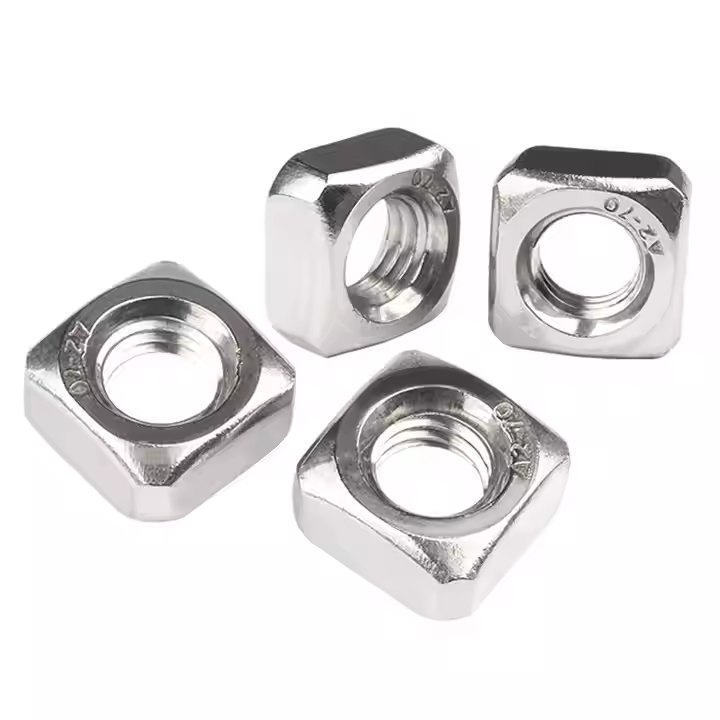
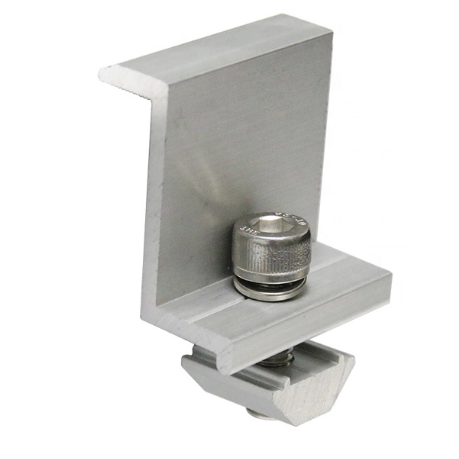

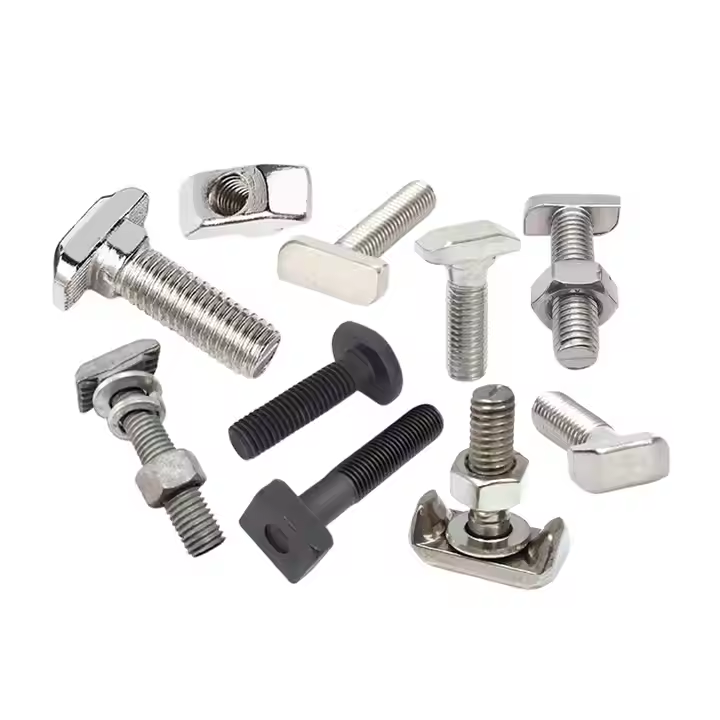

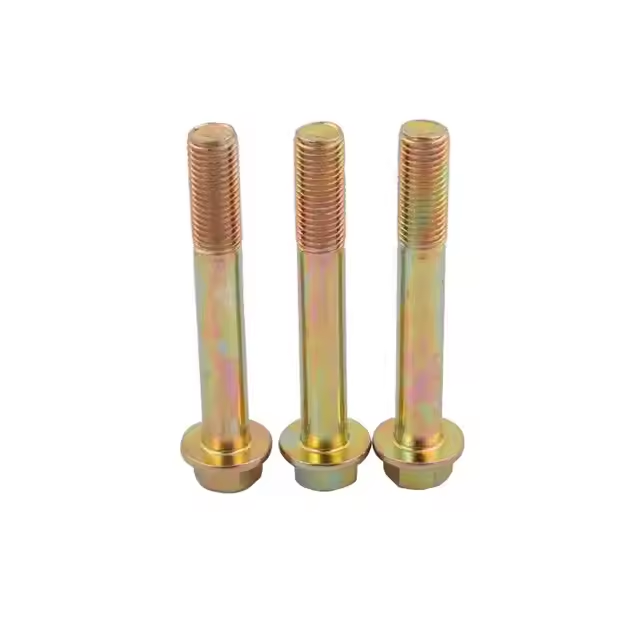
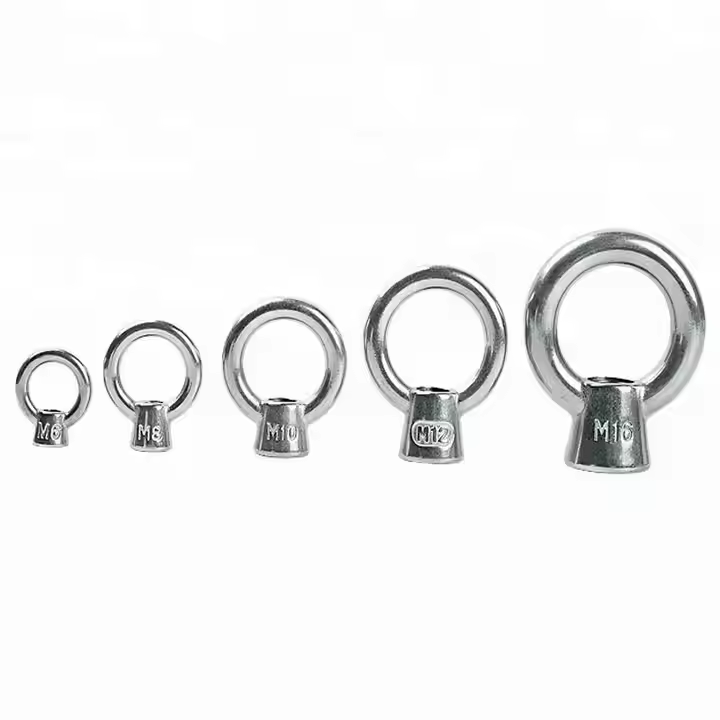
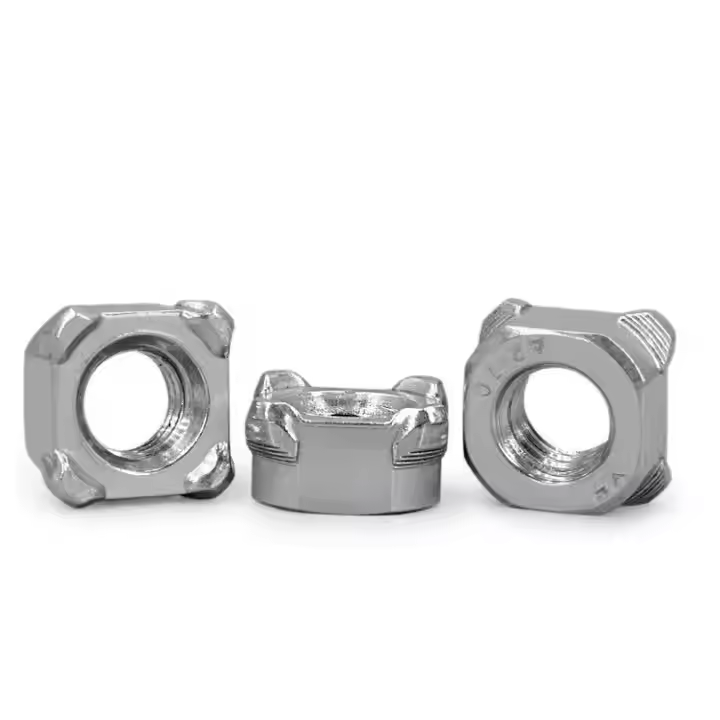


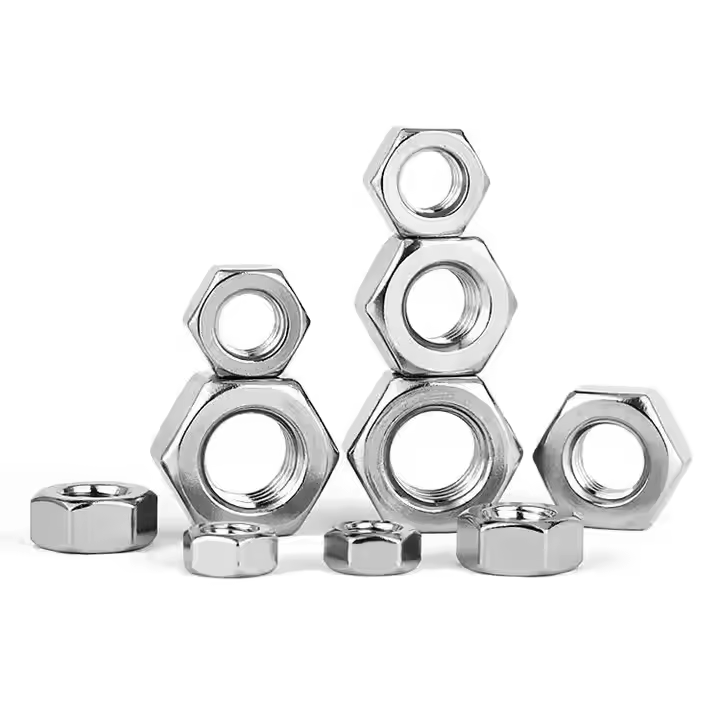

Please enter your email address and we will reply to your email.